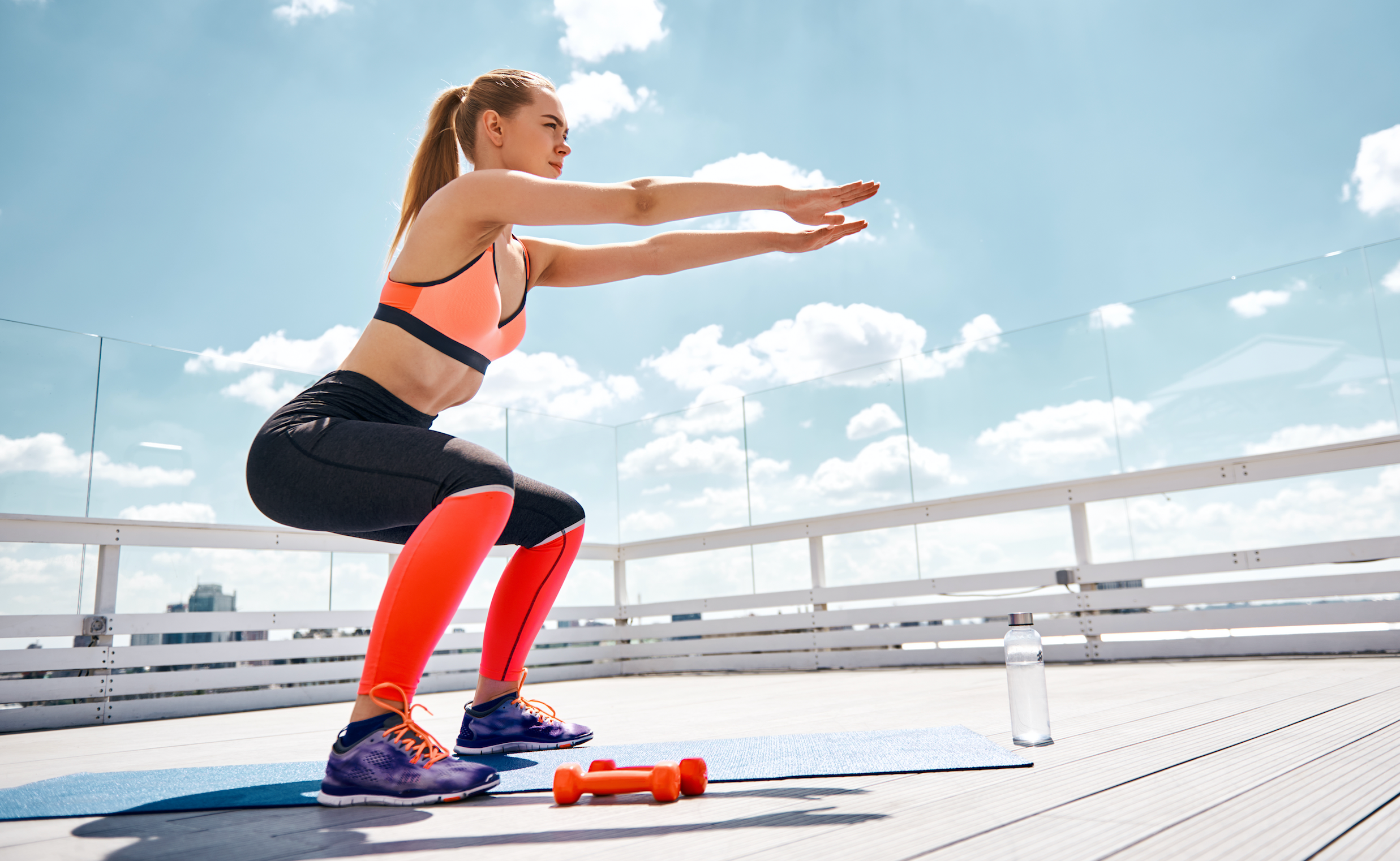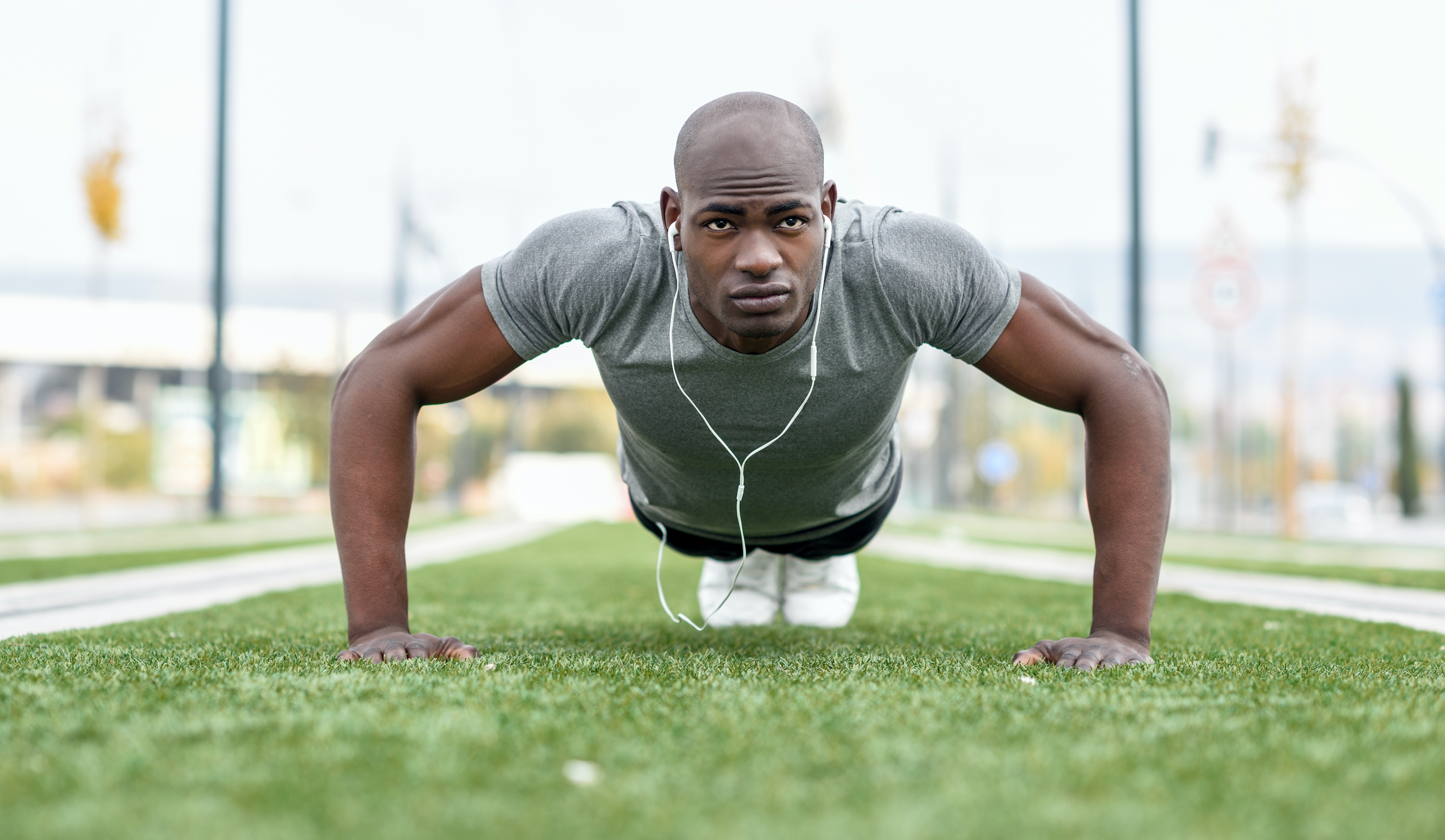If you feel like you’ve been stuck in a rut with the same workout moves, it’s time to burn out those muscles in a different way – by doing supersets. Our bodies can become used to not only specific exercises, but also the way in which we perform them (i.e. varying rest periods, speeds, etc.). One way to keep your muscles guessing is to try out supersets as they vary the pace and minimize rest time between consecutive exercises. Bonus: They are super-efficient, so you’ll get more bang for your buck.
What Is a Superset?
Supersets are composed of two exercises completed consecutively with a period of rest at the end. A true superset is composed of exercises that work opposing muscles groups. One muscle group stretches and has a mini recovery while the other one contracts. This back-to-back counterbalance increases strength and the amount of force your muscles can generate. The mini breaks give muscles a chance to rest up to handle heavier loads. Repetitions, sets and rest times can vary, but a solid foundation would be 10-12 reps, 3 sets and approximately 30 seconds of rest after finishing a superset.

Why supersets are effective
Research shows that supersets make workouts more efficient and additional rest days may be needed due to the level of fatigue produced by them. This means that you get the exercises knocked out quickly, and that it’s effectively damaging muscle fibers that will build back stronger than before. In addition to being the best workout structure for your time, supersets increase metabolic rate and heart rate (during the workout) due to the back-to-back nature of the format. Overall, supersets allow you to overload a muscle to the point of fatigue while also reaping the benefits of an increased metabolic rate, so you get the calorie burn along with the serious strength gains. And the best part is that you have to rest more in between superset workout days, so you don’t have to bust out a sweat session as often. It’s about quality over quantity!
Your Superset Workout
These are just examples of movements that you can superset, but you can really substitute any exercises as long as it opposes the other one in the superset lineup. Feel free to get creative and plan out your own sequences.

Biceps curl & triceps dips: front & back of arms
Biceps curl: Use dumbbells in each hand with palms facing up. Start with both arms fully extended and then flex at your elbows toward your shoulders. Be sure to keep arms locked to your sides to avoid compensatory movements.
Triceps dips: Place hands on a bench behind you (palms down) and lower your body toward the ground while flexing at your elbows, stopping at approx. 90 degrees, and then elevating your body while extending your elbows.

Squat & deadlift: front & back of legs
Squat: Position feet slightly farther than hip-width apart with toe pointed slightly outward. Lower down as if you are sitting down. Stop at approximately 90 degrees of hip and knee flexion and then push up. Be sure to keep your knees tracking outward as opposed to caving in and keep your shoulders back and down and eyes facing forward. Use dumbbells or barbells for increased resistance.
Deadlift: Position feet about hip-width apart. Hold dumbbells or a barbell at about hip level. Slowly lower down as you hinge at the hips. Keep a slight bend in your knees. Keep weights as close to your body as possible and stop at the bottom when your hamstrings feel taut. Rise up into extension. Key points are to remember to keep shoulders rolled back and core tight so that the movement is controlled, and compensation is avoided.

Push up & superman: chest & back
Push up: Position hands about shoulder-width distance apart with arms extended. Lower down to the floor as you flex your elbows. Extend your elbows as you simultaneously push your body back up into a plank position. Key reminders are to remember to keep your gaze facing down, keep your elbows from pushing out wide, and to bring your chest to the ground before pushing up. You can modify by performing these on your knees as well.
Superman: Start on the floor on your stomach. Raise up both arms (completely extended) into a “Y” position. After holding for a few seconds, lower to the floor. Key reminder is to keep your gaze facing down to protect your neck throughout the movement.















